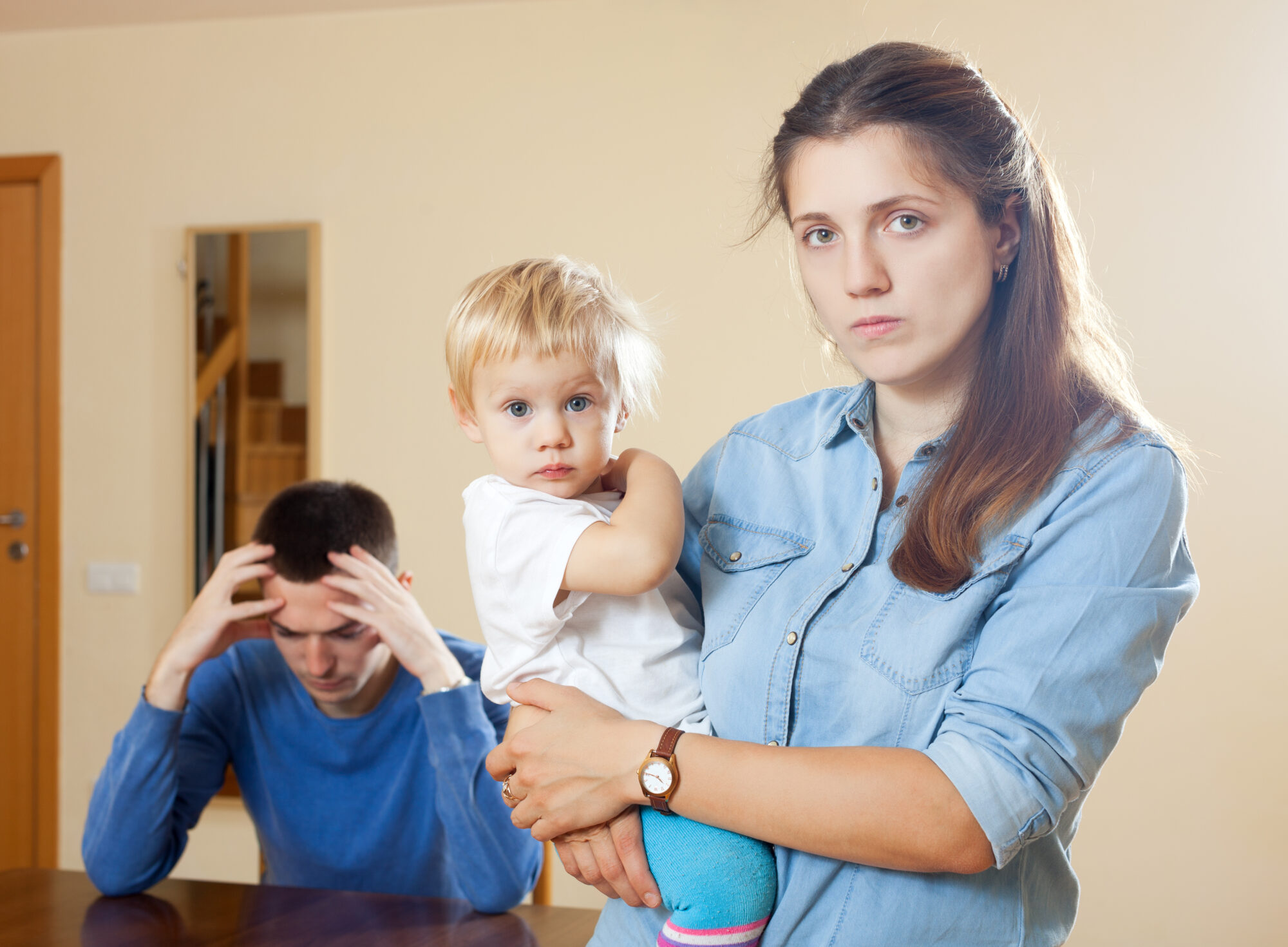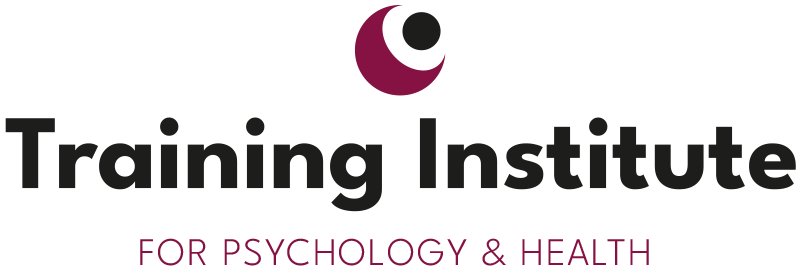
Today, we often speak of parental burnoutbut there’s another phenomenon that’s more discreet, quieter and deeply taboo that deserves a closer look: regret for having had children. Yes, some parents express regret at having made this life choice. This regret does not negate the love they have for their children. Rather, it reflects a painful gap between what they had hoped for from parenthood and what they are actually experiencing. A form of mourning for the existence they could have had, had they not become parents.
Parental burnout and parental regret are two quite distinct forms of psychological suffering, which can sometimes coexist, but should not be confused.
Parental burnout is a chronic stress syndrome that sets in when the demands of parenting permanently overwhelm the individual’s resources. It manifests itself as intense physical and emotional exhaustion, emotional detachment from children, loss of pleasure in the parental role, and a feeling of no longer recognizing oneself as a parent. It’s not just a case of being “fed up”, but a real psychological collapse in the family sphere.
Parental regret, on the other hand, is a complex, introspective emotion, often shameful and silent. It emerges from a retrospective look at the decision to become a parent, when an individual realizes that this decision has led to a life that he or she finds unsatisfactory, even alien to his or her deepest aspirations. This regret is not directed against the child as a person – the parents concerned continue to love and protect their children – but against parenthood as a life experience.
In our research involving parents from some thirty countries, we found that parental burnout affects an average of 4.5% of parents. Parental regret, on the other hand, affects around 7% of them, with rates varying widely from country to country: up to 14% in some parts of the world, compared with barely 3 or 4% elsewhere. So it’s not a marginal phenomenon. And yet, it remains largely absent from public discourse and parenting support schemes.
What’s striking is that the two forms of distress don’t simply add up: they interact. Some parents are exhausted without feeling regret. Others feel regret without being exhausted. But in a minority – around 3% – the two coexist. And in these cases, they feed off each other. Regret weakens commitment to parenting, fuels doubt and guilt, and can lead to burnout. Burnout, on the other hand, accentuates feelings of failure and loss of meaning, and can reinforce regret. The result can be a vicious circle.
Our studies have also highlighted the very different consequences of burnout and regret. Burnout is clearly associated with serious outcomes: thoughts of escape, neglect of children, even verbal or physical abuse. Regret, on the other hand, is not linked to these behaviours, but it can ultimately contribute to a deterioration in the emotional bond with the child, notably by diminishing parent-child closeness. It’s not so much the quantity of interactions that changes, but the quality of the bond, the emotional warmth, the ability to feel good together.
These distinctions are essential in clinical terms. For professionals working with suffering parents, it is crucial to assess both dimensions – burnout and regret – as they require specific approaches. Burnout is already the subject ofvalidated interventions, based on restoring parental resources and reducing stressors. Parental regret, on the other hand, remains largely under-investigated in clinical practice. It requires careful, non-judgmental listening, and help in rebuilding identity.
We also recommend the use of suitable measurement tools. The Parental Burnout Assessment (Roskam et al., 2018) identifies the specific symptoms of burnout, while the more recently developed Parenthood Regret Scale (Piotrowski et al., 2023) offers a nuanced measure of parental regret, far more accurate than a simple binary question.
This is all the more important as regret, taken in isolation, rarely prompts parents to seek help. It manifests itself in silence, sometimes in great solitude, and often goes unnoticed.
Finally, our research underlines the importance of integrating cultural dimensions into the analysis of these phenomena. Social expectations of parents, the pressure to be a good parent, the value placed on sacrifice or family success vary from country to country, and influence both the onset of burnout and that of regret.
In conclusion, taking care of parents also means learning to listen to their ambivalence, their fatigue… and sometimes their regret. Not to make them feel guilty, but to accompany them where they are at. With humanity, without taboos. Because behind every parent in difficulty, there’s a person trying to stay on his or her feet, sometimes alone, sometimes exhausted, but always worthy of being listened to.

